The incoming Chair of the United States Conference of Catholic Bishops’ (USCCB) Pro-Life Committee told 1,000 attendees of the 14th annual National Catholic Prayer Breakfast that Catholics must “reclaim our culture one mind, one heart, one soul at a time.” The Institute on Religion & Democracy (IRD) is a sponsor of the annual event.
“We have no enemies, only confused brothers and sisters” who have not yet heard Christ’s “Good News,” assessed Kansas City Archbishop Joseph Naumann at the May 24 event in Washington, D.C. The co-Chair of the Religious Alliance against Pornography, who was celebrating the 43rd anniversary of his ordination, also explained that “the essence of Catholicism is an encounter with a person, the person of Jesus Christ.”
“The essence of what it means to be Catholic is not dogma or doctrine,” said Naumann, quoting Pope Emeritus Benedict XVI. He noted that the retired pope described ethical living as a “fruit,” but not the center, of Catholicism. According to Naumann, unless we “encounter” Jesus, “we will not have the capacity to persevere in living a virtuous life.”
Naumann’s keynote speech described “middle-class Americans” as enjoying luxuries “unavailable to kings” of the past, and said his first task was to thank God. But he also said that America faces many challenges, such as fatherless homes, school shootings, international incidents, religious persecution, the legal status of immigrant children in the U.S., laws restricting Catholic adoption homes, abortionists, and efforts to force Catholics to do abortions.
But while Naumann described these as serious concerns, they are not “the most serious crisis” for the U.S.
That crisis, he said, is a lack of faith in God.
“Our culture is experiencing a crisis of faith” which is leading to a “denial of truth,” described Naumann. “Materialism reigns and breeds utilitarianism,” which means that “our value is determined by our usefulness.” Naumann said that when “the pursuit of pleasure becomes the highest goal,” hedonism takes over and “suffering and death become the great enemies that we strive futilely to eliminate, or at least impede.”
“We consider those who are profoundly disabled as more vegetable than human. We experience their care as a burden rather than an opportunity for the expression of the noblest form of love. We begin to see human life at its earliest stages as something too tiny to have rights, but something very useful to destroy…”
Outgoing U.S. House of Representatives Speaker Paul Ryan (R-WI), the keynote speaker at the 2016 Breakfast, spoke shortly before Naumann. Ryan opened his speech by noting how so many Americans “live our lives at such a relentless pace. There’s rarely time to slow down, let alone be still.”
According to Ryan, “We get absorbed in intrigue that isn’t so intriguing.” He then reminded attendees that it is “the stillness of reflection—of prayer— where we reconnect with our faith, with our place in the circle of humanity.”
While Ryan’s speech touched on “moral relativism…in our culture,” “identity politics and tribalism,” and how “there is plenty of money to be made on making [things] worse,” he mostly focused on how “Catholics – from the clergy to the laity” are needed to apply solidarity and subsidiarity to American life. “This, to me, is the great manifestation of the social magisterium,” continued Ryan. “It is that sense of self-worth and meaning we can receive only from the institutions closest to us.”
Ryan cited a specific example of Catholic Charities in Fort Worth, Texas. There, he said, “people and problems are not treated as abstractions. The work is done eye-to-eye, soul-to-soul.”
The middle of the three main speakers was U.S. Ambassador-at-Large for International Religious Freedom and former Kansas Governor Sam Brownback. Speaking after Ryan and before Naumann, the Catholic former Senator and Representative opened with a call-out for Catholics concerned about abortion. He said that in his six years as governor, there were 17,000 fewer abortions compared to the prior six years – in part thanks to his signing of 19 pro-life laws.
Most of Brownback’s speech focused on religious liberty, which he said “is a God-given right. “No government has the right to infringe” upon it, according to Brownback. “God knew before he even created us that we would mess it up. And we did. He made us, anyway.” He said that without free will, “If we were forced to follow God, then he made the choice, not us.”
“That’s why religious freedom is important to us. It’s important to God,” he stated. Yet there are more people under attack for their faith around the world than at any other time in history, Brownback said.
Brownback’s speech closed with a tie-in to Saint Mother Teresa’s visit to Washington, D.C. approximately eight months before her death. Arriving to help her receive the Congressional Gold Medal, Teresa’s fellow nuns requested that the medal be melted down and sold to raise money for the poor. Brownback said he was shocked that “really the only thing she asked for was to pray for the Sisters. Pray for the Sisters, pray for the Sisters!”
“We’re a bunch of politicians,” said Brownback. “You should be praying for us!”
“She just wanted our prayers,” he said. “And I ask you for your prayers, because that’s the most important thing you can do.”
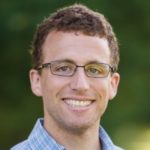 Dustin Siggins is a freelance journalist and political commentator. He previously served as the public relations officer and D.C. Correspondent for LifeSiteNews, and has been widely published on public policy and culture. Follow him on Twitter: @DustinSiggins
Dustin Siggins is a freelance journalist and political commentator. He previously served as the public relations officer and D.C. Correspondent for LifeSiteNews, and has been widely published on public policy and culture. Follow him on Twitter: @DustinSiggins
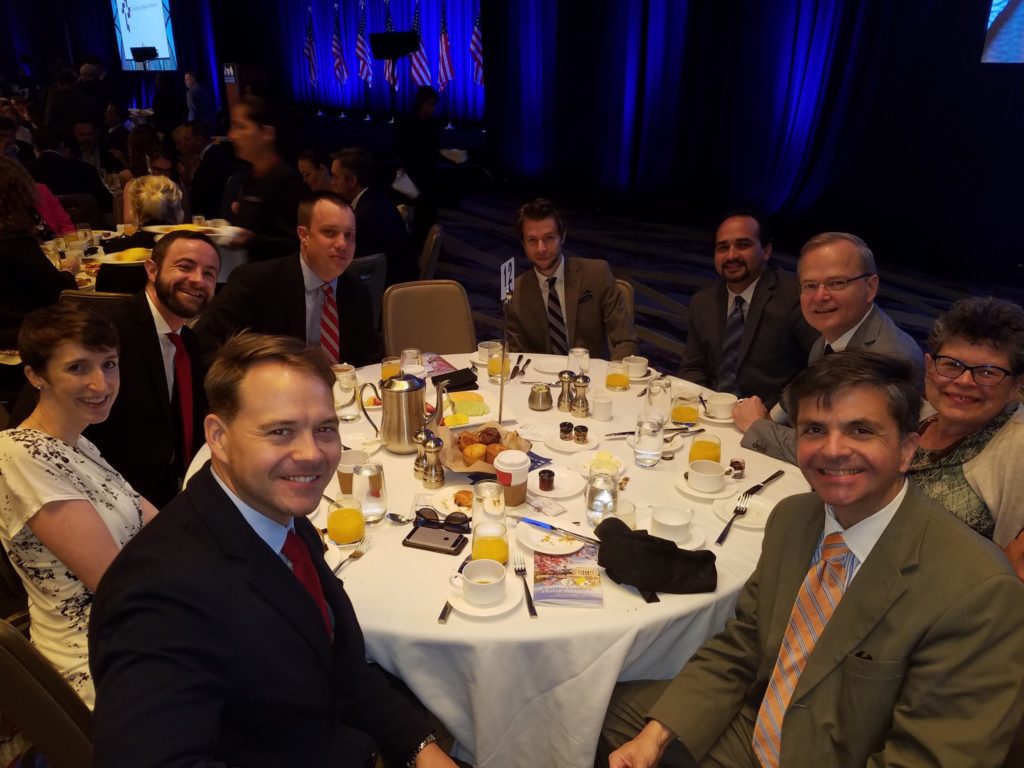
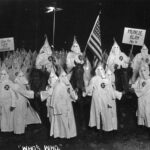
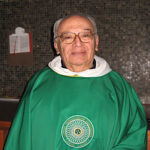
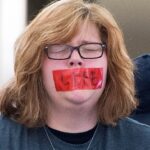

Comment by Dave Gingrich on June 2, 2018 at 7:14 am
Excellent. Thank you, Mr. Siggins.